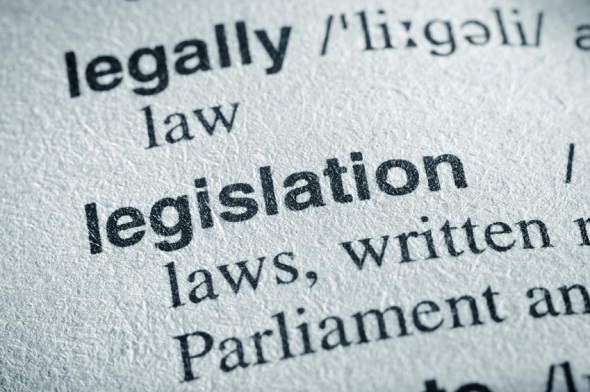What is the Onshore Intermediaries Legislation?
The Legislation is designed to ensure that contractors across all industries are paying the correct amounts of income tax and national insurance contributions (NICs) to HM Revenue and Customs (HMRC).
It was brought in to coincide with the start of the financial year in April 2014 to address what the Government believes is the increasingly prevalent issue of false self-employment.
Who is actually classed as self-employed?
Many people who believe they are self-employed will not be self-employed for tax purposes.
This is because, under the new legislation if a worker is not working direct for the end client (ie through an intermediary such as an agency or gangmaster) and is subject to (or subject to the right of) supervision, direction or control of anyone in the contractual chain (e.g. the end user/client or provide ragency) the worker must be taxed on an employed basis. Practically it will be difficult to prove that there is no control at all and the intermediary (the agency/gangmaster) is expected to produce evidence to HMRC that this is the case if it allows workers to continue to work on a self-employed basis e.g under the CIS scheme.

How the construction industry will be affected
Around 250,000 contractors in the UK are thought to operate through an intermediary service, with many of these – possibly up to 200,000 – belonging to the construction industry alone.
Agencies working in construction are reviewing how workers are paid. Some workers have been asked to switch to PAYE solutions where the agency believes that the new legislation will apply. Obviously this has caused some disruption and discontent.
What are my options as a contractor?
Remain in the CIS scheme – so long as your agency is satisfied that you are not controlled and supervised.
Switch to a PAYE option – this could be agency payroll or an umbrella (which delivers more take home pay than payroll).
Set up your own limited company – limited companies are not caught by the new legislation but would still fall within the CIS scheme and there is IR35 to consider
What will it mean for my pay?
The difference will be less pronounced in an umbrella since there is the ability to offset travel and subsistence expenses.
This means that you could take home up to 75% of your gross earnings.



